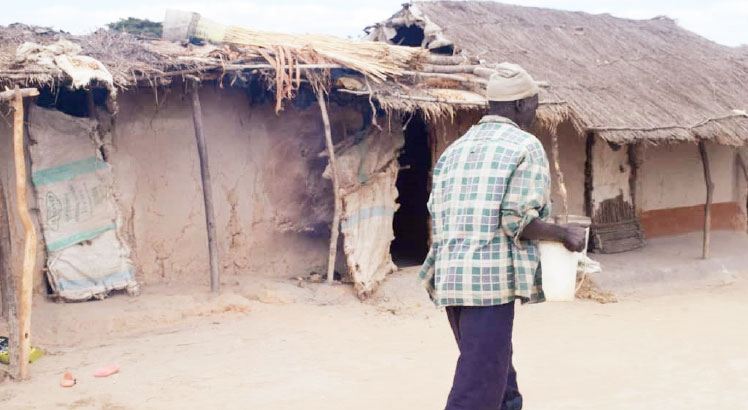Malawians unhappy with quality of life—Report
Data contained in the World Happiness Report by the Oxford Wellbeing Research Centre shows that Malawians are becoming increasingly disillusioned with their quality of life amid socio-economic hardships.
In a 2024 issue the World Happiness Report released last week has ranked Malawi on position 136 out of 143 in terms of the citizen’s self-evaluation, a metric that measures people’s satisfaction with their quality of life.

The ranking means Malawi has marginally improved from last year when it was on position 138 out of 148 countries. This year, Malawi is ranked above Botswana, Zimbabwe, Democratic Republic of Congo, Sierra Leone, Lesotho, Lebanon and Afghanistan in that order.
But in terms of the self-evaluation score, Malawi has dropped from 3.71 last year to 3.42 in this year’s issue based on data collected from 2021-23.
The score means that Malawians believe that their quality of life in is on average 34.2 percent of their perceived ideal state.
Reacting to the report, Catholic University economist Greenson Nyirenda said the rising cost of living in the past year is one of the variables that contributed to the drop in the self-evaluation rating.
He said: “The cost of living has been steadily rising and we also had the devaluation last year. Unfortunately, personal incomes have not changed that much and people cannot afford the same basket of goods as before.”
Jubilee Tizifa, a former member of the sociology department at the University of Malawi, said people were inclined to be dissatisfied with the economic conditions in the country.
She said: “Feelings of distress or unhappiness are bound to be there when people feel they deserve better than what they have got. Look at unemployment, we have graduates who are not yet employed.
“This creates feelings of distress when the same people see people who are not as educated or as skilled as them getting well-paying jobs.”
Her sentiments come after the World Bank reported in its February 2024 issue of the Malawi Economic Monitor that 20 percent of Malawians faced depression, some of it related to economic factors.
The report noted that illness, injury or death of an income-earning member of the household, experience of job loss and the theft of cash or property were some of the factors associated with depression.
To mitigate the effects of depression, Kamuzu University of Health Sciences clinical psychologist and professor of mental health Chiwoza Bandawe said people should look out for strange or abnormal behaviour in people who are in distress.
“People who are [depressed] or suicidal may become more withdrawn, may threaten to commit suicide, hand out gifts or bid some kind of farewell to people they are close to. When this happens, ask the people to seek professional help,” he said.
On her part, Tizifa called on individuals, communities and, where necessary, the State to offer financial and material assistance to people who are in economic distress to ease their burden.
In a separate interview, economist Derrick Thomo urged the government to promote sustainable economic growth by creating jobs, supporting small and medium enterprises and investing in agriculture.
He said: “Expanding coverage to vulnerable populations, improving program effectiveness, and promoting financial literacy are crucial steps. By prioritising both economic growth and social protection, Malawi can build a brighter future for its citizens.”
But Nyirenda said the government may be limited on the support it provides because the social protection programme, the government’s preferred method of assistance, may pile pressure on the budget.
In an earlier interview, Malawi Economic Justice Network Bertha Phiri urged the government to prioritise industrialisation to create more economic opportunities for Malawians as a way to mitigate rising cases of depression.
Currently, inflation rate is hovering at 33.4 percent while the kwacha is trading at K1 751 in authorised dealer banks, factors that have pushed up the cost of living.





